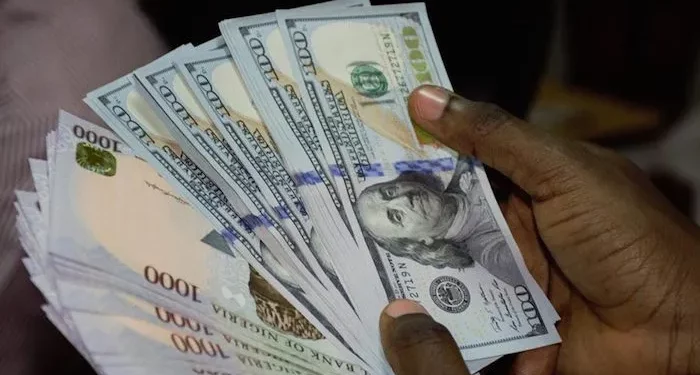The Ghanaian cedi has experienced a dramatic resurgence, achieving unprecedented strength against major international currencies, signifying a significant turnaround from its previous struggles. This remarkable recovery has been reflected in substantial gains against the US dollar, British pound, and the euro, exceeding any previous appreciation recorded. The cedi’s newfound stability is a welcome reprieve for the Ghanaian economy, promising to alleviate inflationary pressures stemming from import costs and bolstering overall economic confidence. The currency’s rebound marks a crucial turning point, offering a more optimistic outlook for businesses, investors, and consumers alike. This positive trajectory underscores the potential for sustained economic growth and improved financial stability in Ghana.
The cedi’s remarkable appreciation, as reported by the Bank of Ghana, stands at an impressive 24.1% against the US dollar, a remarkable feat considering the currency’s past vulnerabilities. Similarly, the cedi has gained 16.2% against the British pound and 14.1% against the euro, signifying a broad-based strengthening against key international trading partners. These gains translate to a current exchange rate of approximately GH₵11.85 per US dollar, GH₵15.84 per British pound, and GH₵13.34 per euro, representing a substantial improvement from previous lows. This robust performance reflects a combination of factors, including improved economic fundamentals, favorable market conditions, and potentially, targeted policy interventions.
The cedi’s prior struggles with depreciation had placed significant strain on the Ghanaian economy, driving up import costs, fueling inflation, and eroding purchasing power. The sharp devaluation witnessed in previous years negatively impacted businesses reliant on imported goods and services, as well as consumers faced with rising prices for essential commodities. The weakening cedi also contributed to increased debt burdens, particularly for external debt denominated in foreign currencies, adding further pressure on the national budget and fiscal stability. The current recovery, therefore, represents a much-needed respite, offering a path towards greater economic stability and improved living standards.
The reasons behind this remarkable turnaround are likely multifaceted. They could include factors such as increased investor confidence in the Ghanaian economy, improved export performance leading to greater foreign exchange inflows, effective monetary policies implemented by the Bank of Ghana, and potentially, favorable global economic conditions. A deeper analysis would be required to pinpoint the specific drivers of this recovery and assess their sustainability. Understanding the underlying causes is crucial for formulating policies that can reinforce the cedi’s stability and promote long-term economic growth. This analysis should consider both domestic and external factors, including commodity prices, global financial markets, and investor sentiment.
The implications of the cedi’s recovery are far-reaching and potentially transformative for the Ghanaian economy. A stronger currency can help to curb inflation by reducing the cost of imported goods, thereby easing pressure on household budgets and boosting consumer spending. It also makes Ghanaian exports more competitive in international markets, potentially stimulating economic growth and job creation. Moreover, a stable cedi can attract foreign investment, further bolstering economic activity and development. Maintaining this positive momentum will be crucial for realizing the full potential of this recovery and ensuring its benefits are widely shared.
Moving forward, the key challenge lies in sustaining this positive momentum and ensuring the cedi’s strength is not a transient phenomenon. This requires consistent and prudent economic management, sound fiscal policies, and effective monetary policy interventions by the Bank of Ghana. Continued efforts to diversify the Ghanaian economy, strengthen export capacity, and attract foreign investment will be essential. Moreover, monitoring and managing external risks, such as fluctuations in global commodity prices and changes in investor sentiment, will be critical for maintaining macroeconomic stability and safeguarding the cedi’s newfound strength. This proactive approach will be crucial for consolidating the gains achieved and ensuring a sustainable path towards economic prosperity.














